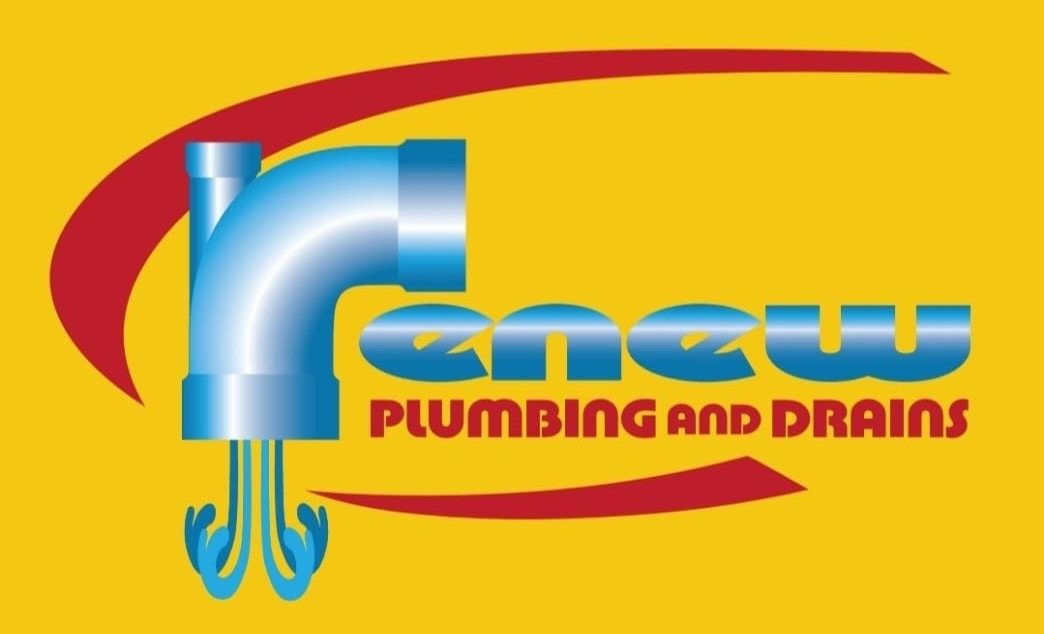FAQS
Q: What are your hours of operation?
A: We operate around the clock, 24/7, to promptly address any plumbing emergencies you might encounter.
Q: Do you offer emergency plumbing services?
A: Absolutely; our 24-hour emergency services are designed to tackle your most urgent plumbing crises anytime.
Q: How do I schedule a plumbing service appointment?
A: Reach out to our dedicated service line or book an appointment online via our website.
Q: What should I do if I have a burst pipe?
A: Immediately turn off your property’s main water supply and contact us for swift emergency plumbing support.
Q: Can you perform installations for new plumbing fixtures?
A: Indeed, our expertise includes the installation of a diverse assortment of plumbing fixtures, such as faucets, toilets, and showers.
Q: What is the difference between hard and soft water?
A: Hard water is enriched with minerals such as calcium and magnesium, whereas soft water has undergone treatment to eliminate these elements.
Q: Is it safe to use chemical drain cleaners?
A: Regular use of chemical drain cleaners is not recommended due to potential pipe damage. Opt for a plunger, a plumber’s snake, or professional assistance instead.
Q: Why is my water bill so high?
A: Elevated water bills usually signal leaks. A professional inspection is advised to uncover and resolve any hidden leaks.
Q: How can I maintain my garbage disposal?
A: Ensure regular use, avoid disposal of stringy or hard waste, and use cold water to congeal fats and oils during operation.
Q: What is a sump pump, and do I need one?
A: A sump pump is crucial for removing water from damp areas like basements or crawl spaces. It is recommended for homes with water pooling issues.
Q: How do I turn off my water heater?
A: First, disconnect the power supply (whether electricity or gas), then close the water valve to the heater.
Q: Can you help with remodeling and upgrading my bathroom or kitchen?
A: Certainly, our comprehensive plumbing services are available for any remodel or upgrade project you envision.
Q: Do you service commercial as well as residential properties?
A: Our extensive plumbing services cater to the needs of both commercial entities and residential homes.
Q: Can you fix leaky faucets?
A: Fixing leaky faucets is among our core specialties. We offer options to either repair or replace them as necessary.
Q: How can I prevent clogged drains?
A: To prevent clogs, only flush toilet paper and employ drain strainers in sinks and showers to catch debris.
Q: What are some signs that I need to replace my water heater?
A: Indications include exceeding a lifespan of 10-15 years, the appearance of rust-colored water, inconsistency in heating, and the necessity of frequent repairs.
Q: How often should I have my plumbing system inspected?
A: An annual professional inspection is suggested to ensure the longevity and reliability of your plumbing system.
Q: What causes low water pressure?
A: Reduced water pressure might stem from clogged pipes, leaks, or broader issues within the municipal water system.
Q: How do I know if my sewer line is blocked?
A: Symptoms of a sewer blockage include persistently clogged drains, unpleasant sewage smells, gurgling sounds, and water backing up.
Q: Can you install water-saving plumbing fixtures?
A: We provide an array of water-saving options, such as low-flow toilets and showerheads, to conserve water and reduce utility bills.
Q: What types of plumbing pipes are best?
A: The choice of piping depends on its intended use, and options include PVC, copper, PEX, and galvanized steel.
Q: What should I do if I smell gas in my home?
A: Vacate the premises immediately and contact the gas company or a gas leak specialist without delay.
Q: Do you provide warranties for your work?
A: We stand behind our services with a comprehensive satisfaction guarantee for your peace of mind.
Q: Are tankless water heaters better than traditional ones?
A: Tankless water heaters boast greater energy efficiency and on-demand hot water, but they require a higher initial investment than traditional models.
Q: How can I extend the life of my plumbing system?
A: Longevity can be achieved through regular maintenance, immediate attention to necessary repairs, and avoiding harsh chemical treatments.

